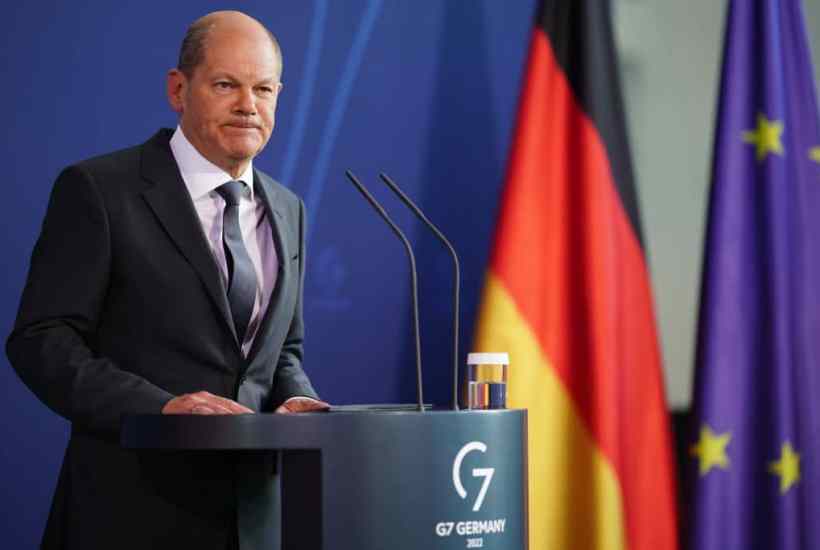If you think that Boris Johnson’s parties in Downing Street constitute a serious matter of state, you might want to take a look at what is happening in Germany right now. Olaf Scholz has been caught red-handed misrepresenting facts about weapons deliveries to Ukraine. Behind the scenes, he is busy frustrating efforts to help the country, while pretending to be outraged about Vladimir Putin’s aggression.
Already a subscriber? Log in
Subscribe for just $2 a week
Try a month of The Spectator Australia absolutely free and without commitment. Not only that but – if you choose to continue – you’ll pay just $2 a week for your first year.
- Unlimited access to spectator.com.au and app
- The weekly edition on the Spectator Australia app
- Spectator podcasts and newsletters
- Full access to spectator.co.uk
Or
Unlock this article
This article was first published in the EuroIntelligence morning briefing. For a trial subscription click here.





















Comments
Don't miss out
Join the conversation with other Spectator Australia readers. Subscribe to leave a comment.
SUBSCRIBEAlready a subscriber? Log in